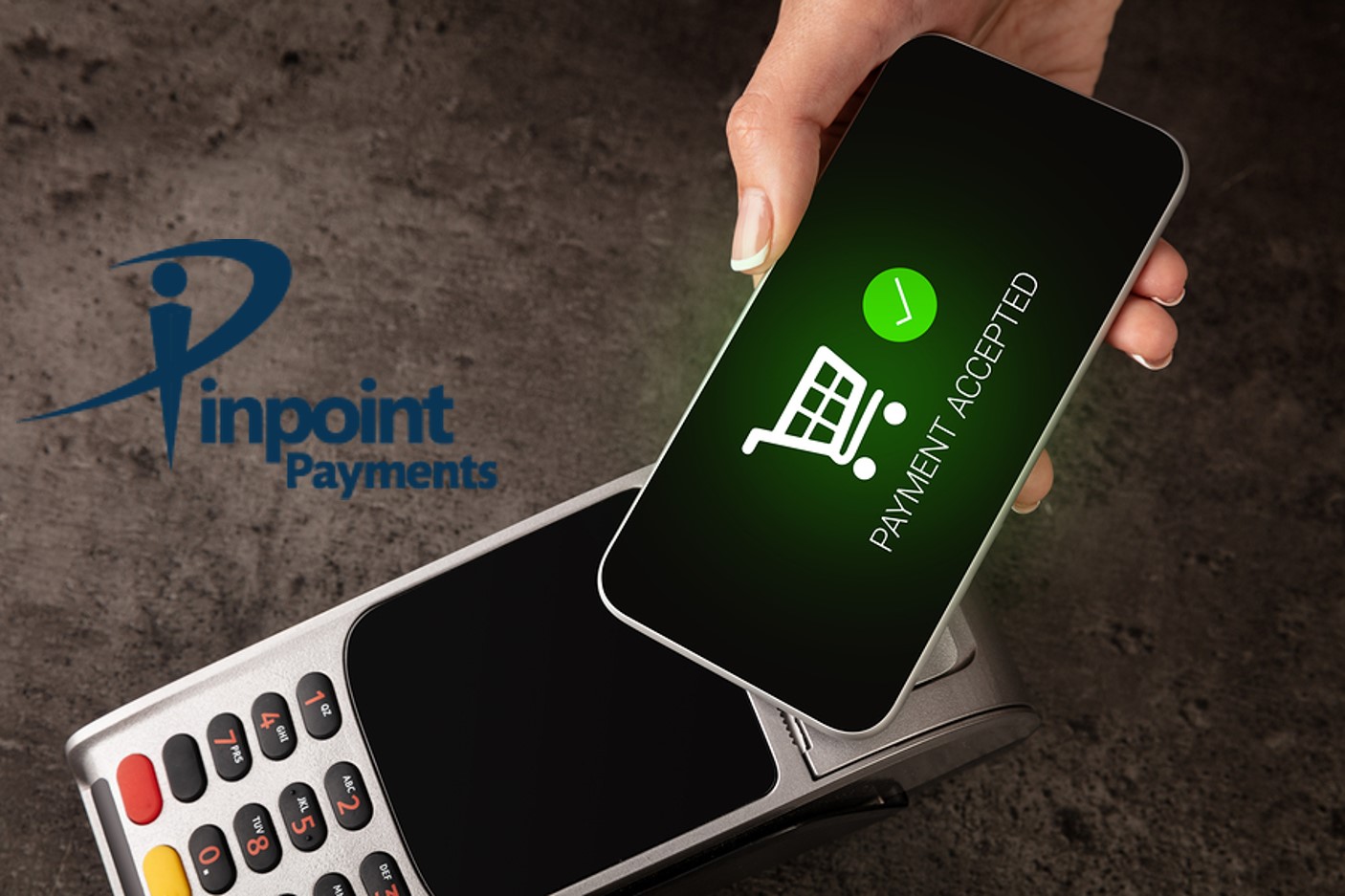What Is a Direct Merchant Account, and How Is It Different than PayPal?

Benjamin Grossman
Jan 26, 2022
2 min read
If you've got an online business, you need a way to get paid. For most, that means being able to take credit and debit cards without a hassle. You have basically two options - a direct merchant account (DMA) or a third-party account, such as PayPal. Each has benefits and drawbacks. To make an informed choice for your business, you’ll need to know what a DMA is and how it’s different than PayPal.
What Is a Direct Merchant Account?
A DMA is a bank account that merchants open to enable credit and debit card transactions. Such an account is opened for a merchant with assistance from a Payment Processing Provider (PSP). The PSP manages the account for the merchant allowing for the correct payment transfers and processing. As the merchant owns the DMA, you will be responsible for all transactions, including any chargebacks.
Why Do You Need a PSP?
Partnering with a PSP removes all the administrative burdens from you. They are experts in payment processing, making your life much easier. A PSP provides a holistic solution, including features such as fraud prevention.
A PSP will be PCI DSS certified, which is an industry-standard for any company that stores, processes, or transmits financial information securely. If you are not PCI DSS certified, then the PSP can actually host your payment page for optimal security.
PayPal, a DMA Alternative
Some merchants may choose to use a third-party account, such as PayPal for handling credit and debit card payments. With this approach, you have a sub-account under PayPal. The major difference here is that you don’t own the account, the PSP does.
In this model, PayPal, which is PCI DSS certified, hosts payment processing. There are rarely any exceptions to this rule, as PayPal is the merchant of record, not your business. Because of this, you’ll be considered a vendor, not a merchant. This language change means that your payment page will say that you are an authorized vendor.
Even though PayPal is the merchant of record, you’ll still be liable for any chargebacks. The only difference is you’ll now be paying PayPal, not the bank.
Advantages of Using a DMA vs. PayPal
Many start-up e-commerce businesses will go for the ease of using PayPal. Setting up a DMA requires a bit more work. If your business is considered high-risk because it’s a start-up, getting a DMA through a traditional bank can be difficult.
However, there are credit card payment processors that specialize in high-risk e-commerce businesses and can provide a turnkey solution that includes chargeback management and fraud prevention. Partnering with such a firm takes the hassle out of directly dealing with financial institutions.
With a DMA, you’ll get paid faster. The money is deposited into your account within one to two days. Using PayPal, you’ll have to request the funds be transferred to your banking account, which could take much longer.
Then there are all the hidden costs of PayPal. While they don’t charge you a monthly fee, you’ll lose a percentage of the payment to them on every transaction. A DMA is much more cost-effective over the long run. If your sales are low, the hit from PayPal won’t seem as big, but as you grow and scale, the fees will increase.
Finally, when you work with a payment processor, you can expect responsive service and assistance with questions and concerns. That’s not likely to occur with PayPal. If you have problems with your account, then the response could take days or even weeks, which could have a negative impact on cash flow.
For greater flexibility and a complete solution for payment processing, a DMA is ideal for e-Commerce.
